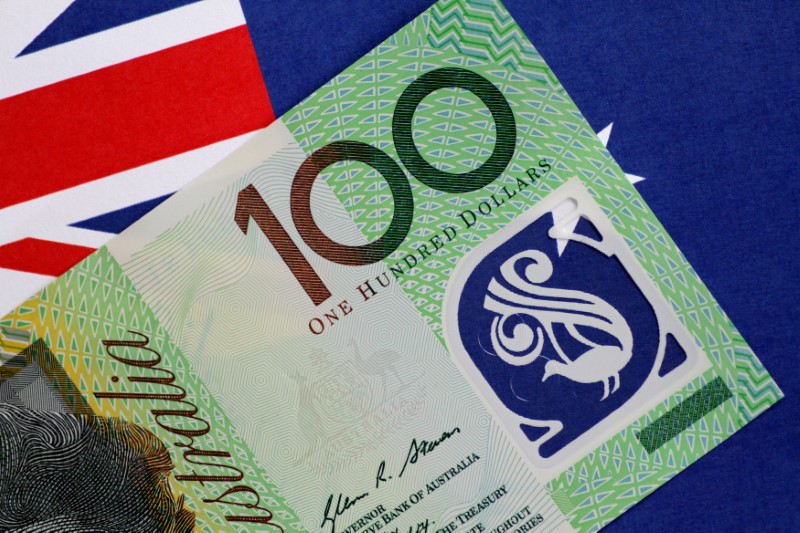
© Reuters.
By Ambar Warrick
Investing.com– Reserve Bank of Australia Governor Philip Lowe said on Wednesday that the bank was still considering more interest rate hikes in the near-term to curb high inflation, and that its decision to pause in April was to observe the full effect of a year-long rise in borrowing costs.
The RBA held at 3.6% on Tuesday, after hiking rates by a cumulative 350 basis points over the past 12 months. The move came as eased for two consecutive months to 7.4%, after hitting an over 30-year high of 8.4% in December.
But given that inflation is still trending well above the RBA’s 1% to 3% target range, the bank had flagged more potential tightening in policy to curb high inflation.
“The decision to hold rates steady this month does not imply that interest rate increases are over. Indeed, the Board expects that some further tightening of monetary policy may well be needed to return inflation to target within a reasonable timeframe,” Lowe said in an address to the National Press Club on Wednesday.
“It is important that we (curb inflation), because persistently high inflation is corrosive and damages our economy.”
The rose slightly after Lowe’s comments.
But while the RBA expects inflation to moderate further in the coming months, it is only expected to fall within the bank’s target range by mid-2025. Australian economic growth is also expected to trend below average in the interim, as the effects of tighter monetary policy are baked into the economy.
Lowe said that a bulk of inflation was driven by supply-side shortages in utilities and housing.
The bank will conduct a full review of its economic and inflationary forecasts, which will be released on May 5.
The RBA governor noted three main factors that would determine the path of monetary policy, namely the global economy and a potential banking crisis in the U.S. and Europe, strength in domestic consumption, and how prices and wages will respond to higher inflation.





